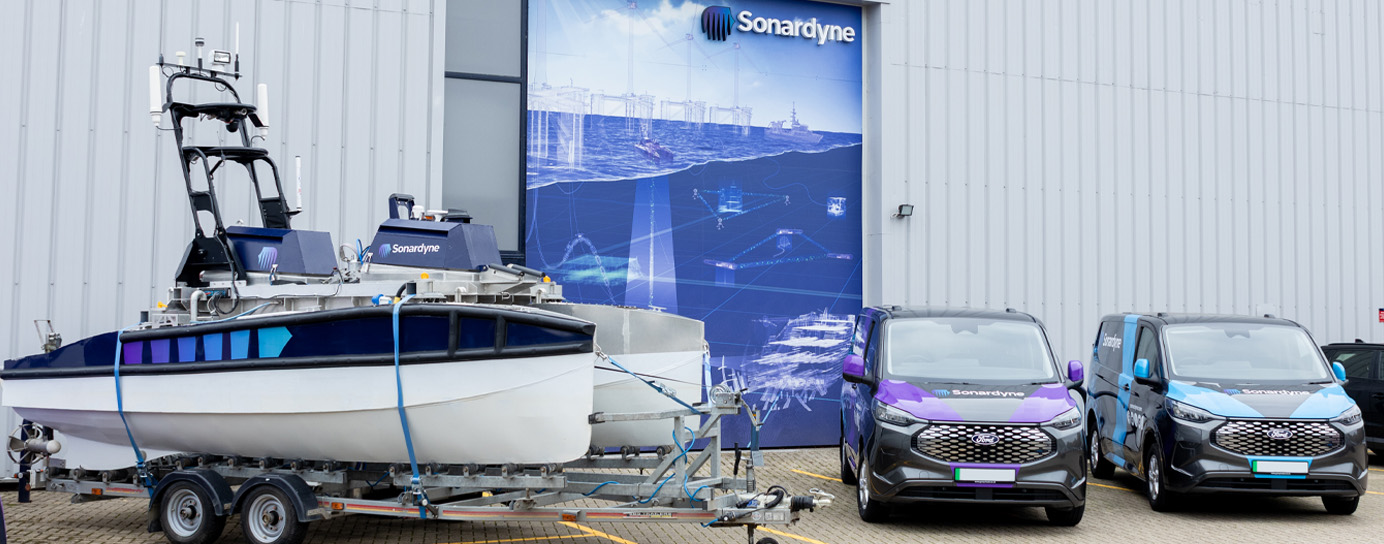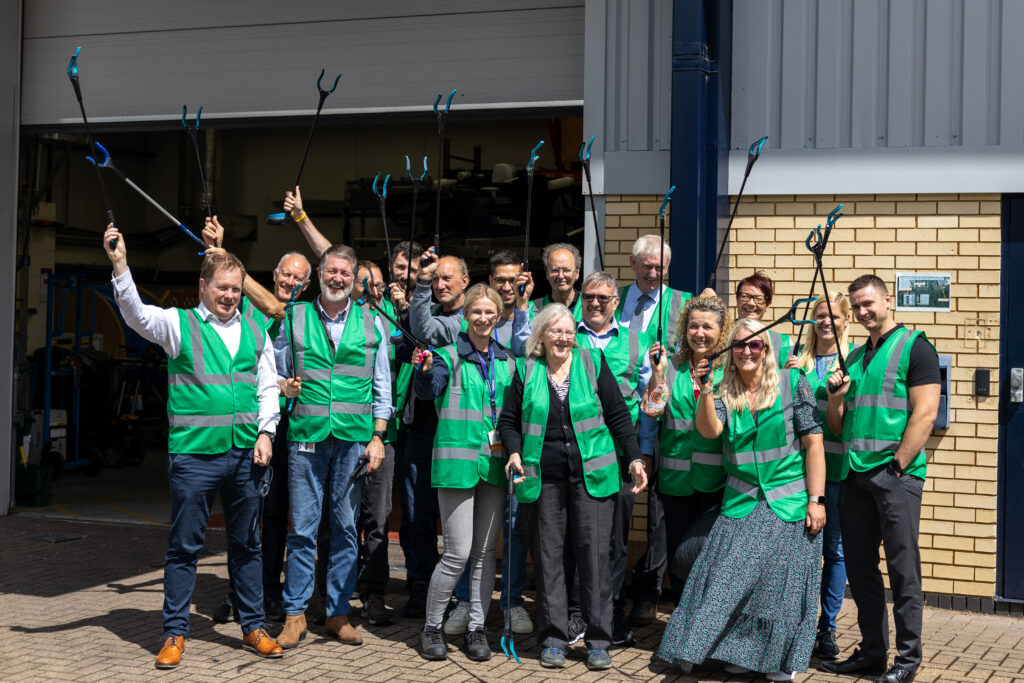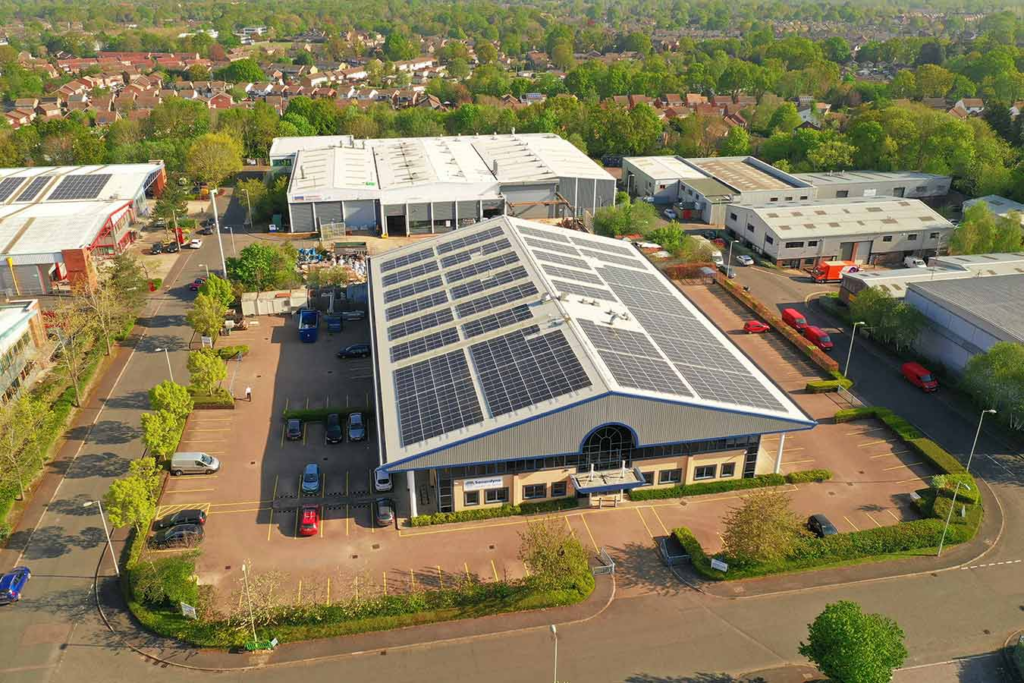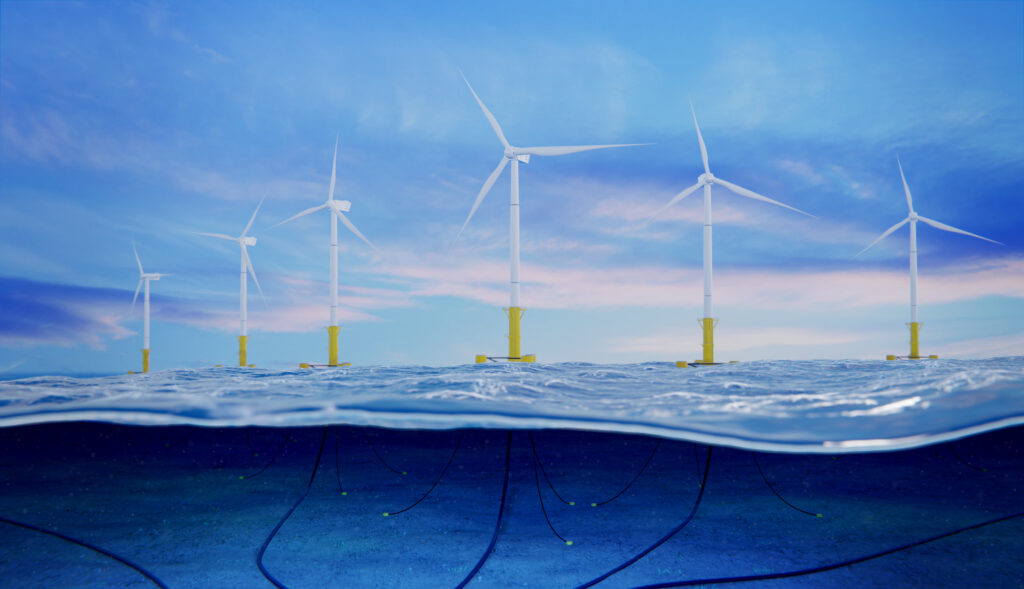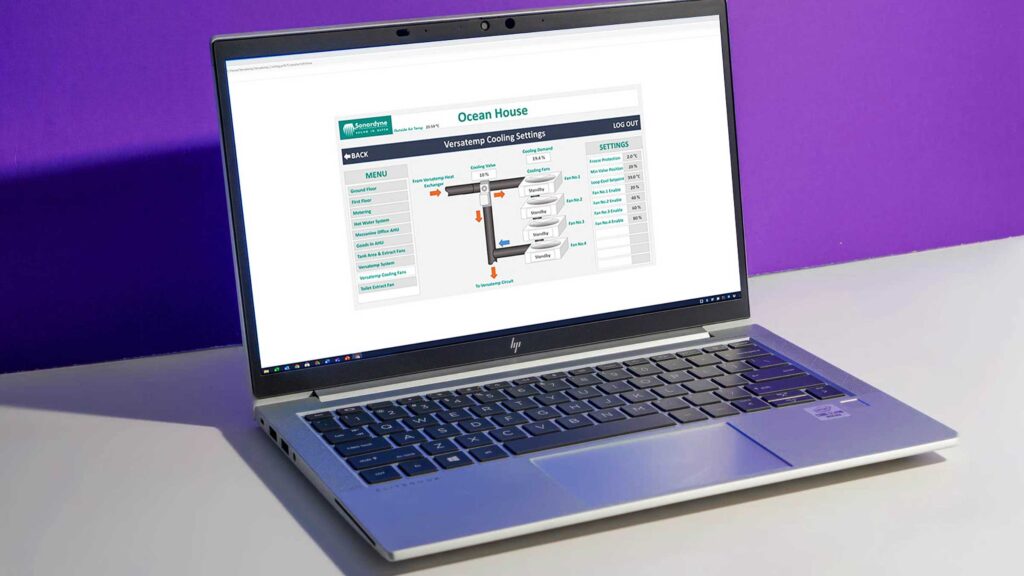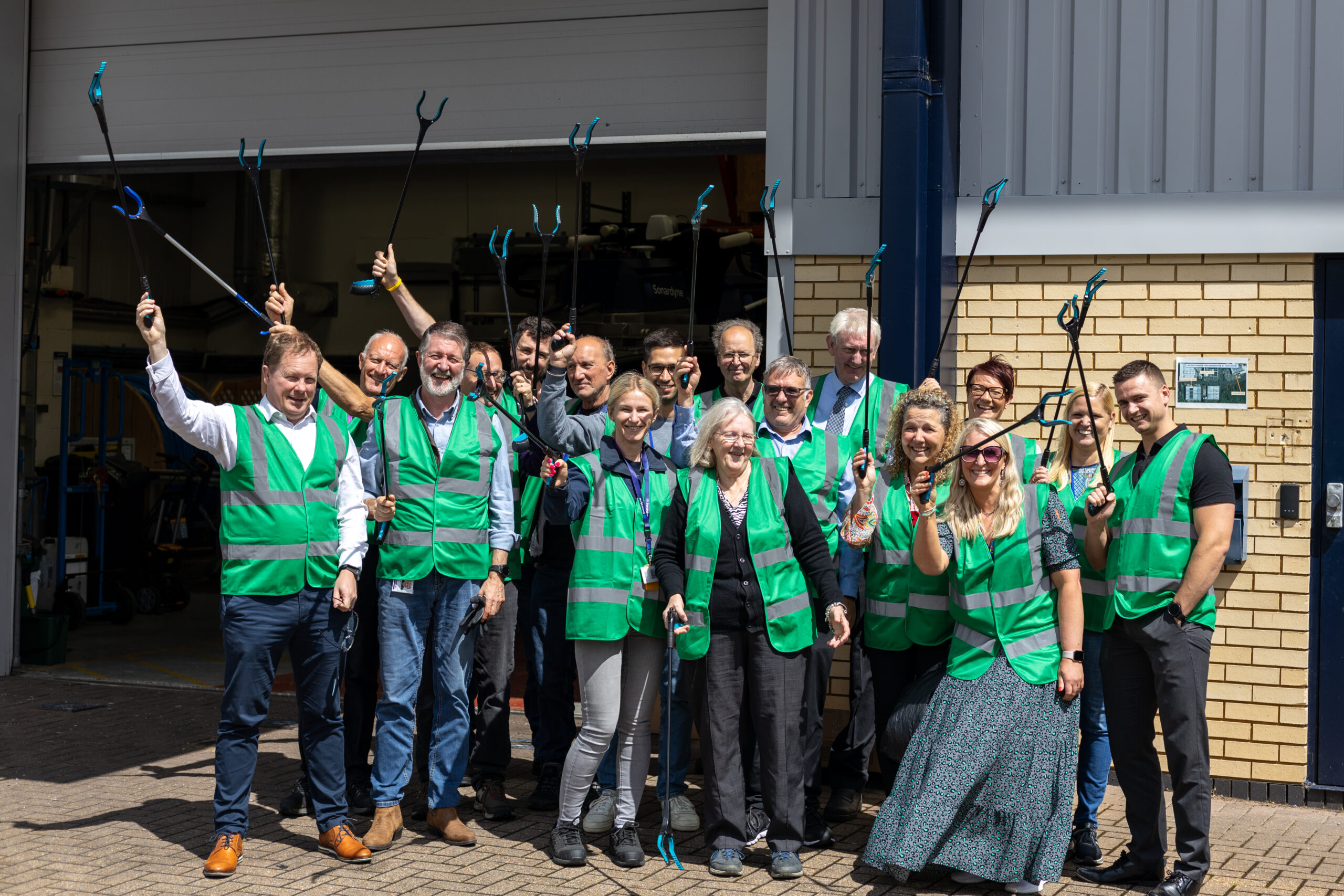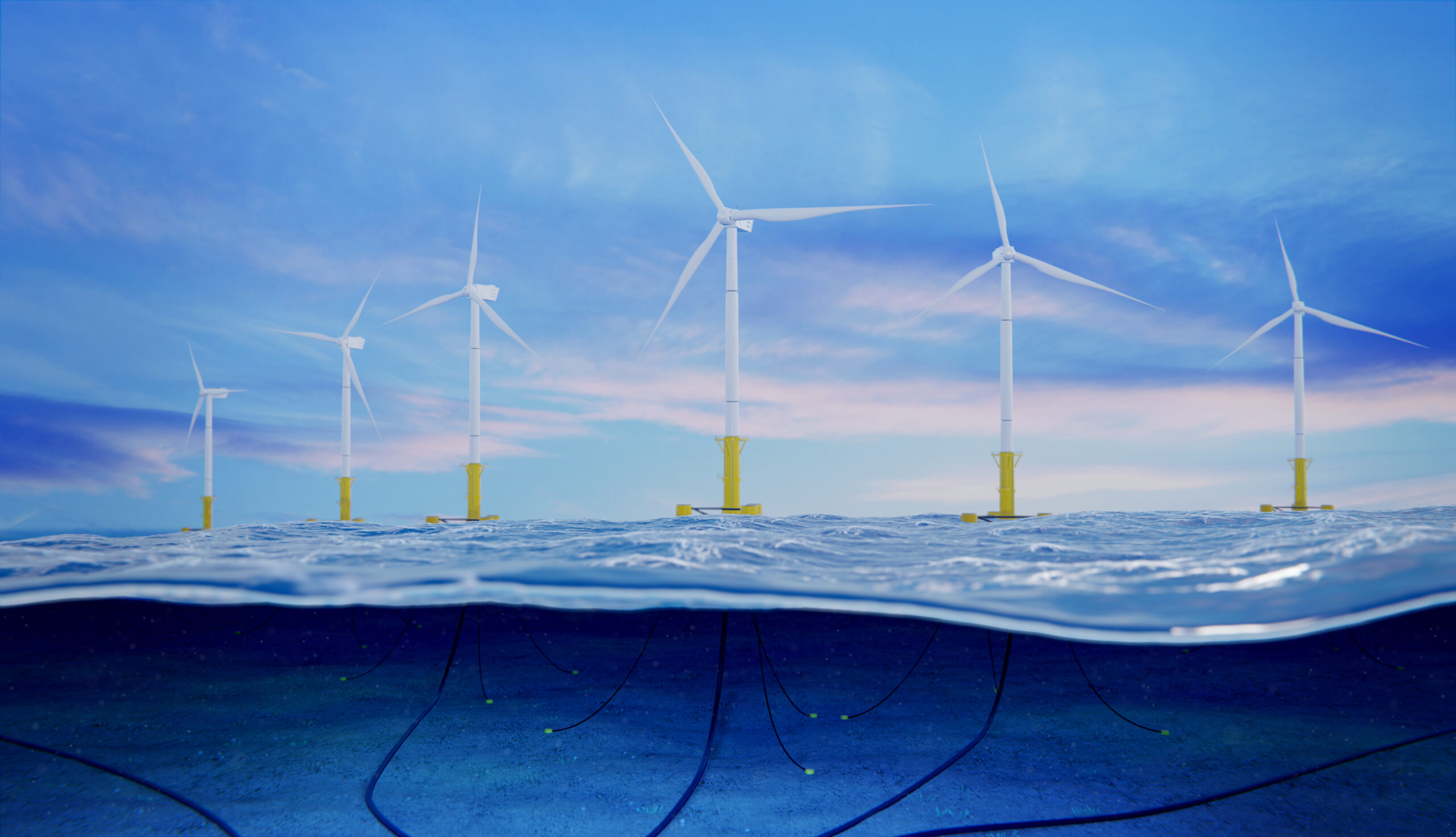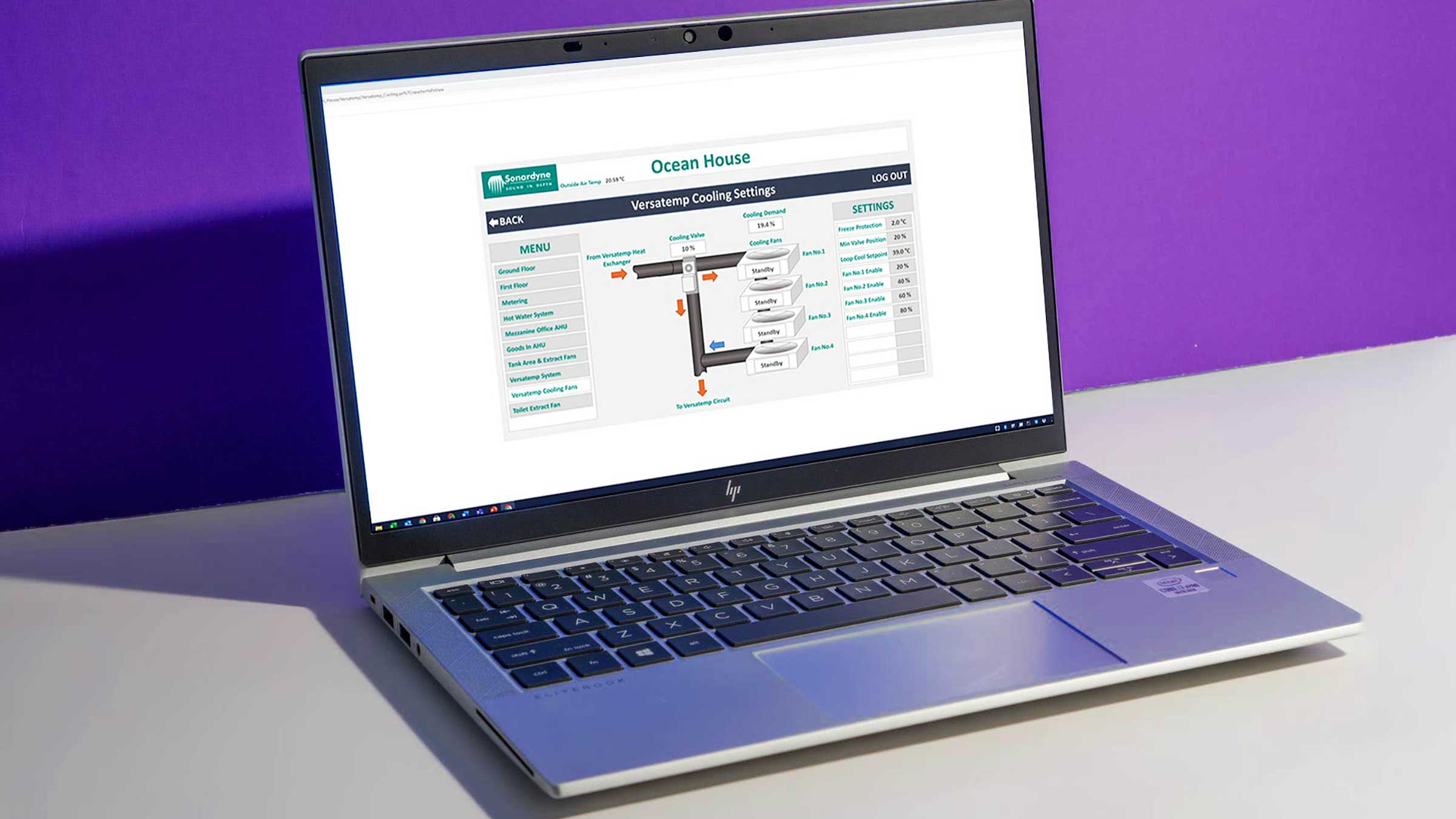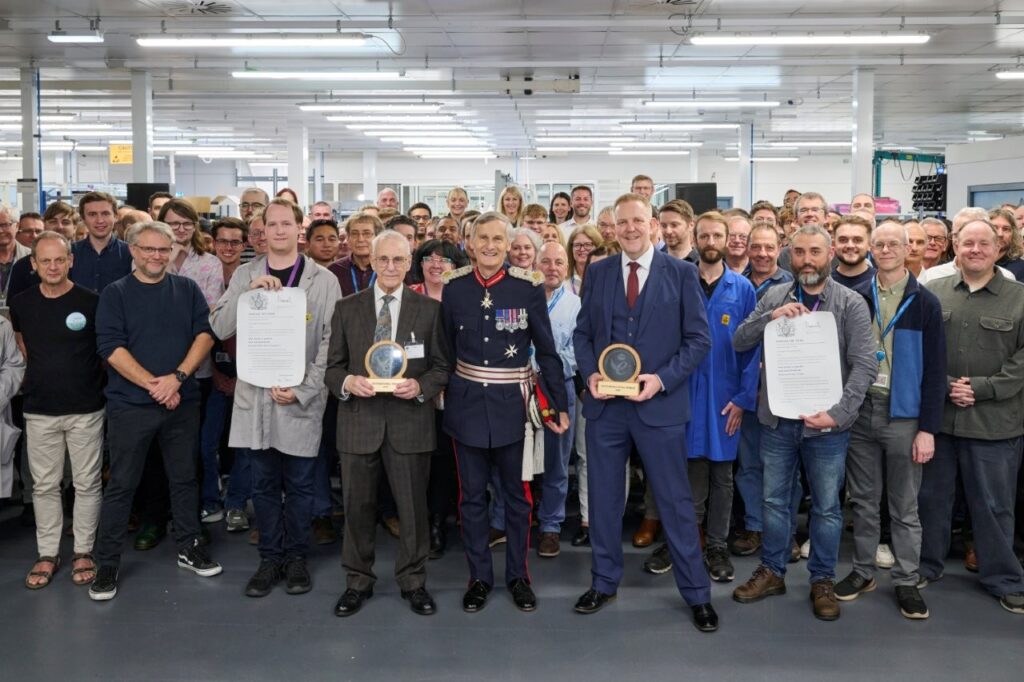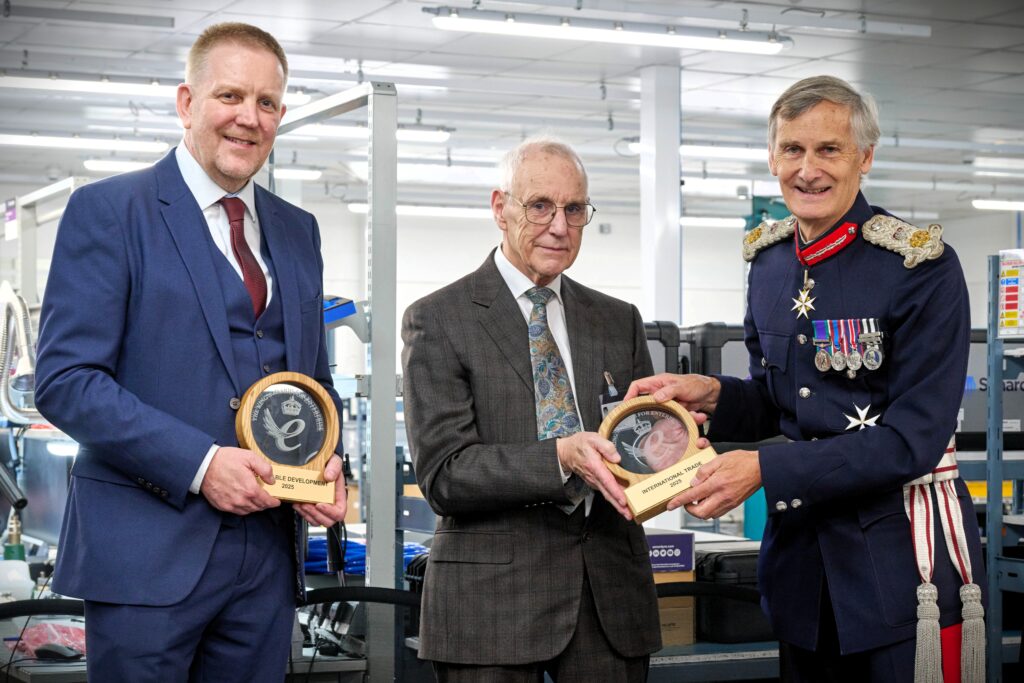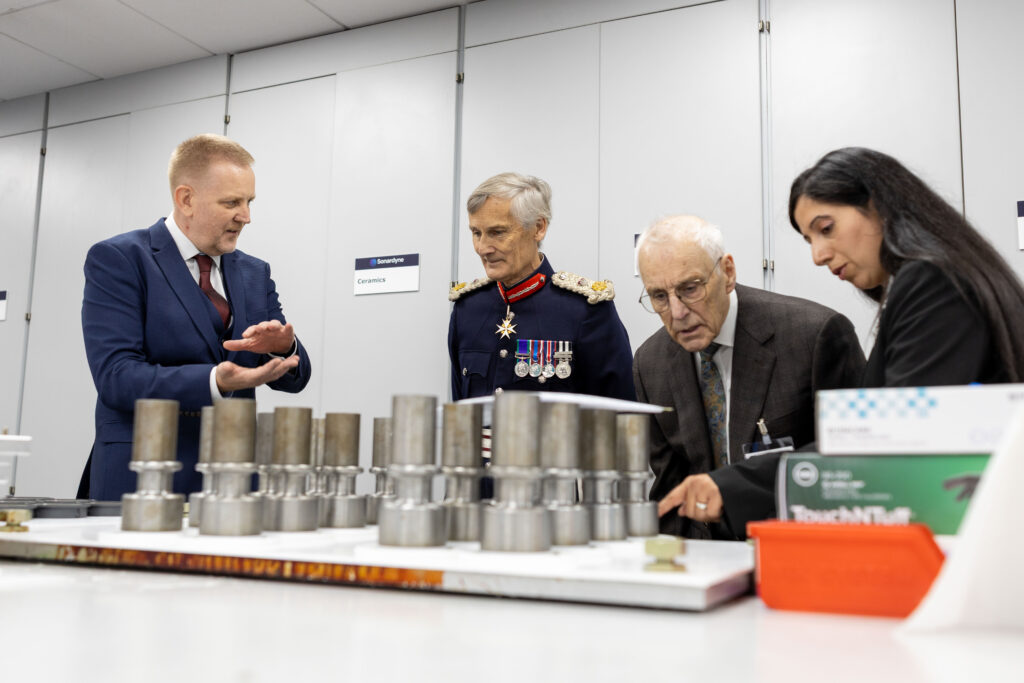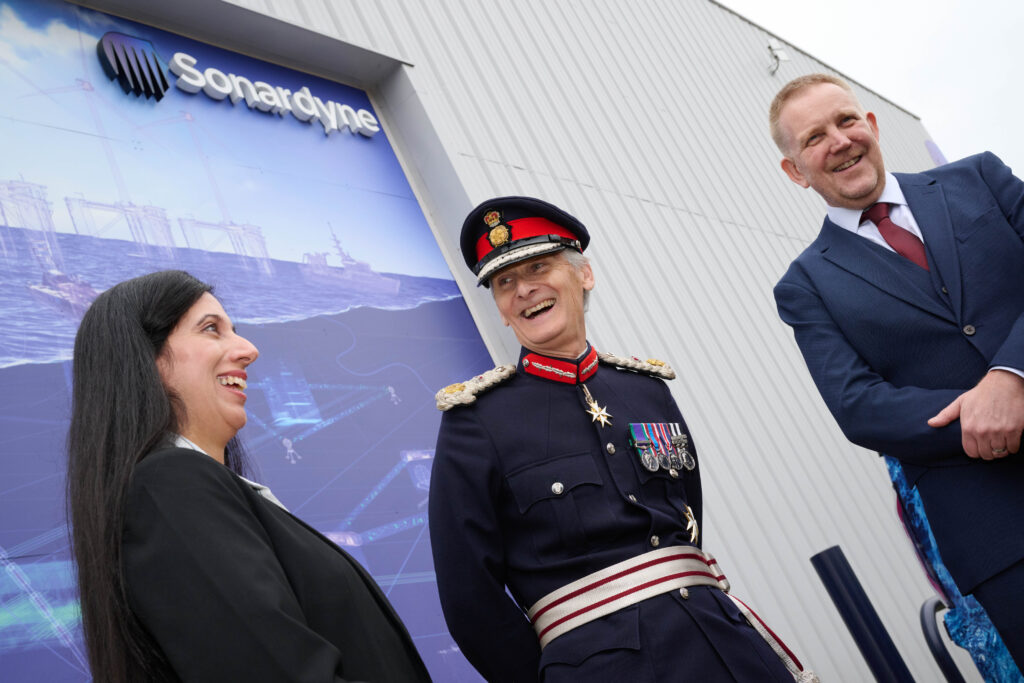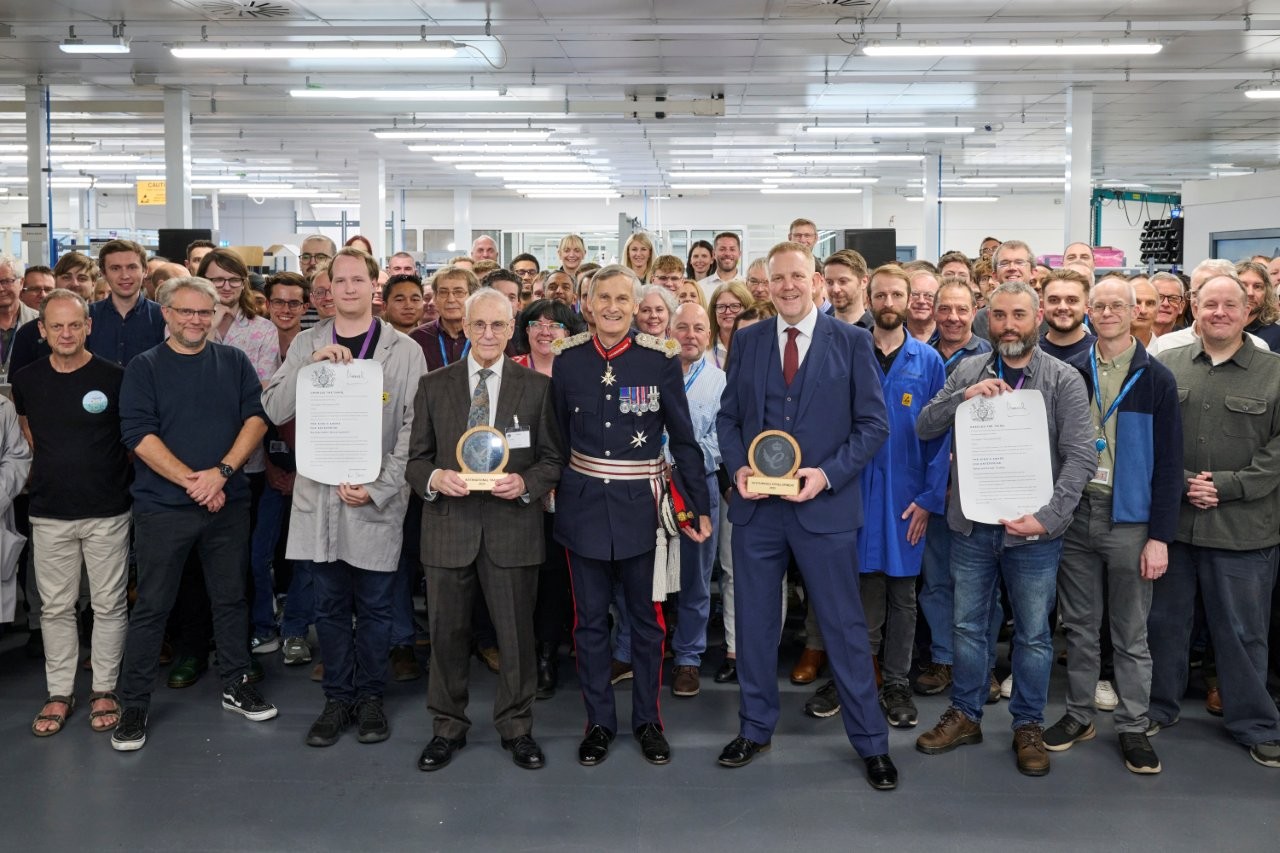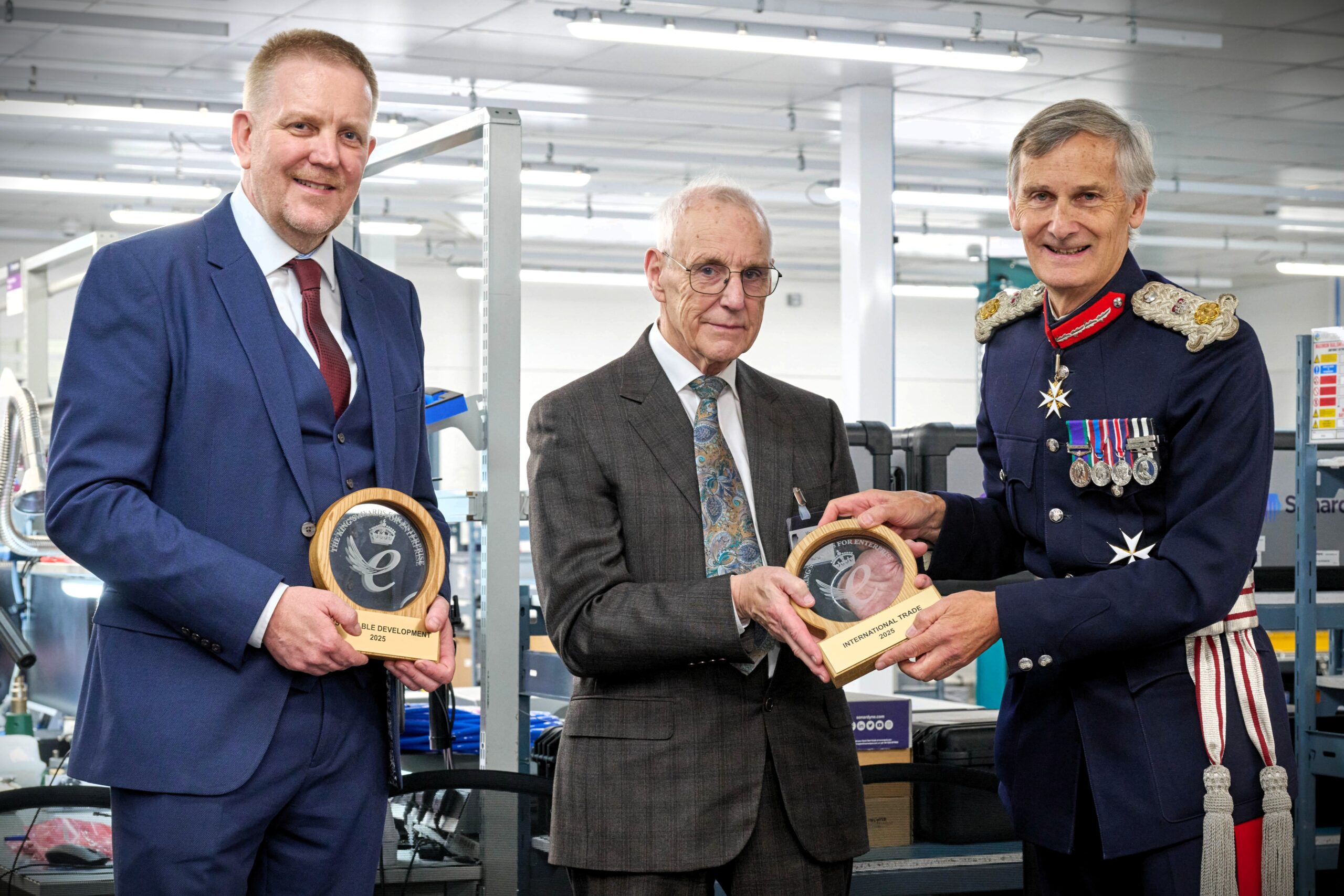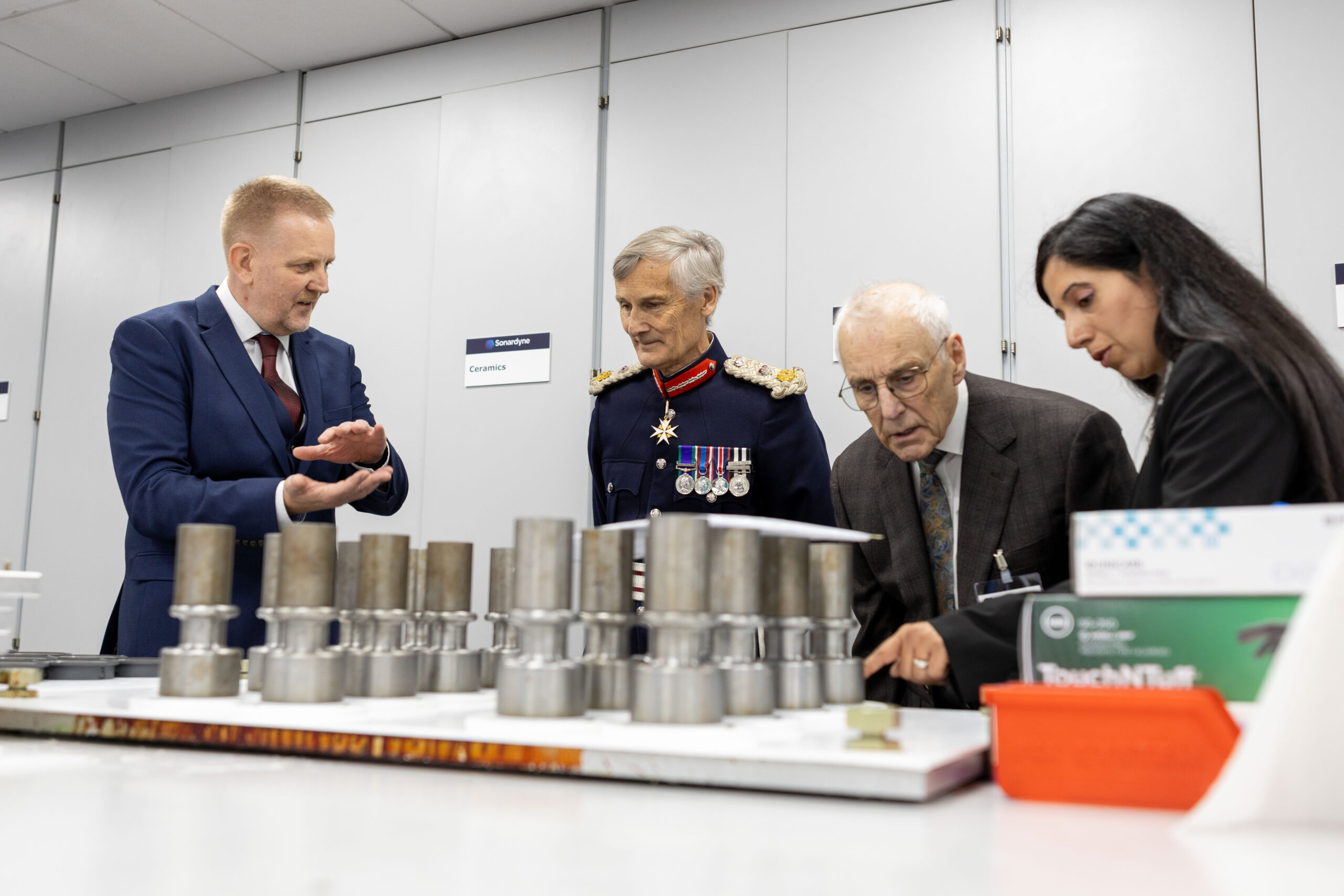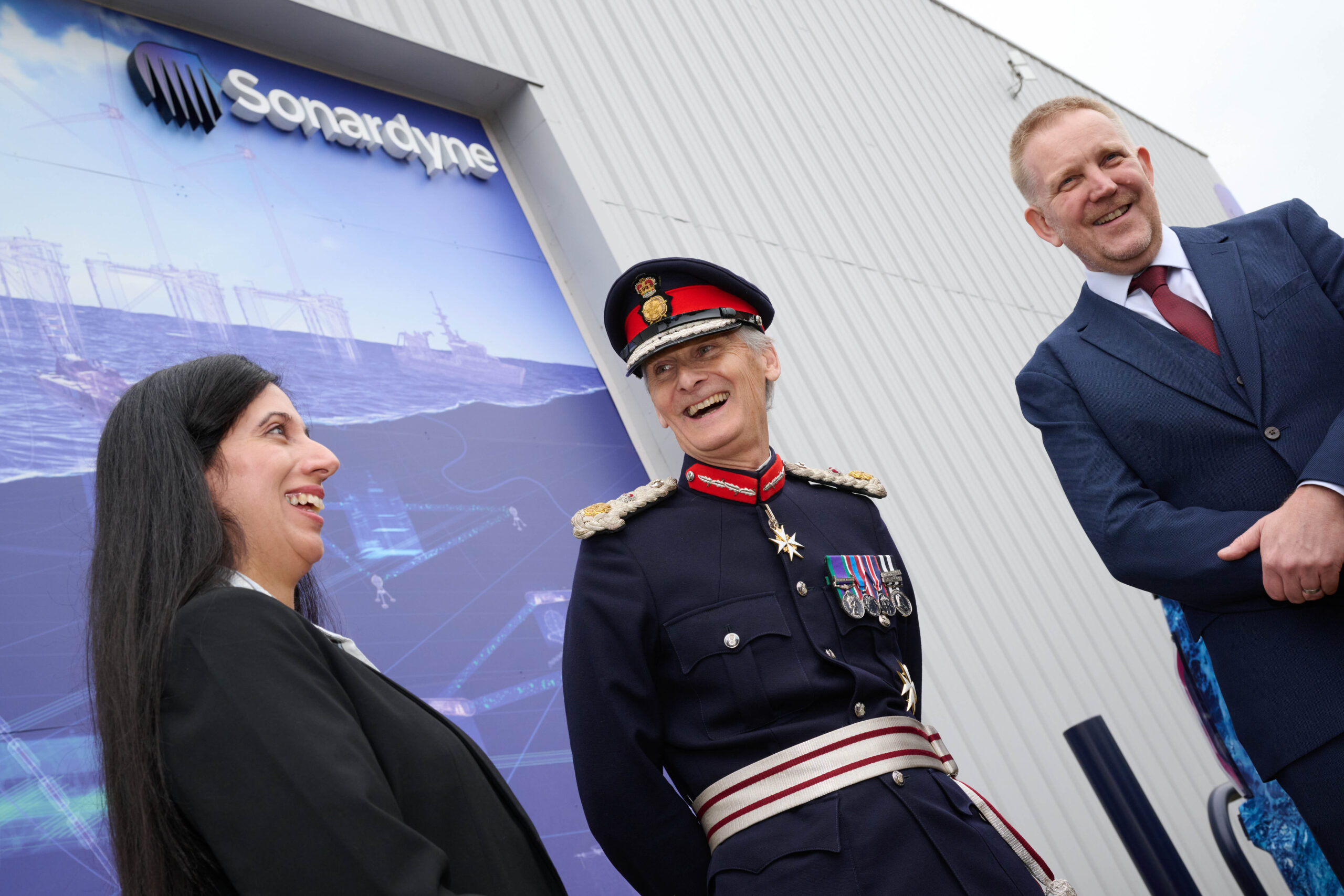For more than five decades, Sonardyne’s work in pioneering underwater technology has been guided by a focus on sustainable growth and the formation of enduring international partnerships.
These principles have shaped our approach through every chapter of our story. Our vision has always centred on enabling safe, secure and environmentally sound operations across the world’s oceans. This vision is not static—it drives us to continually question, adapt and improve how we engineer, operate and plan for the long term.
Achieving carbon neutrality
Reaching carbon neutrality for our UK operations in 2023, two years earlier than our original goal, stands out as a significant point of progress. Achieving this milestone was not just a matter of ambition, but the result of careful measurement, reduction and offsetting of our emissions and a shared sense of responsibility at every level of the organisation.
It demonstrates how environmental responsibility and high standards in operational performance can, and must, be interwoven.
Earlier this year, we earned our second consecutive carbon-neutral verification, with our 2024 footprint confirmed to ISO 14064 standards and our management system meeting ISO 14068. We also expanded our scope to include our Brazil, Singapore, and Houston offices and were happy to take delivery of two new Ford Transit E-Custom electric vans, further decarbonising our vehicle fleet.
Our commitment extends beyond our own footprint. Through technological solutions supporting offshore renewable energy and advancing environmental monitoring, we have aimed to equip others to operate with greater awareness of their impact.
By focusing on reducing vessel time, optimising fuel use and improving operational efficiency, we contribute in practical ways to a healthier marine environment.
